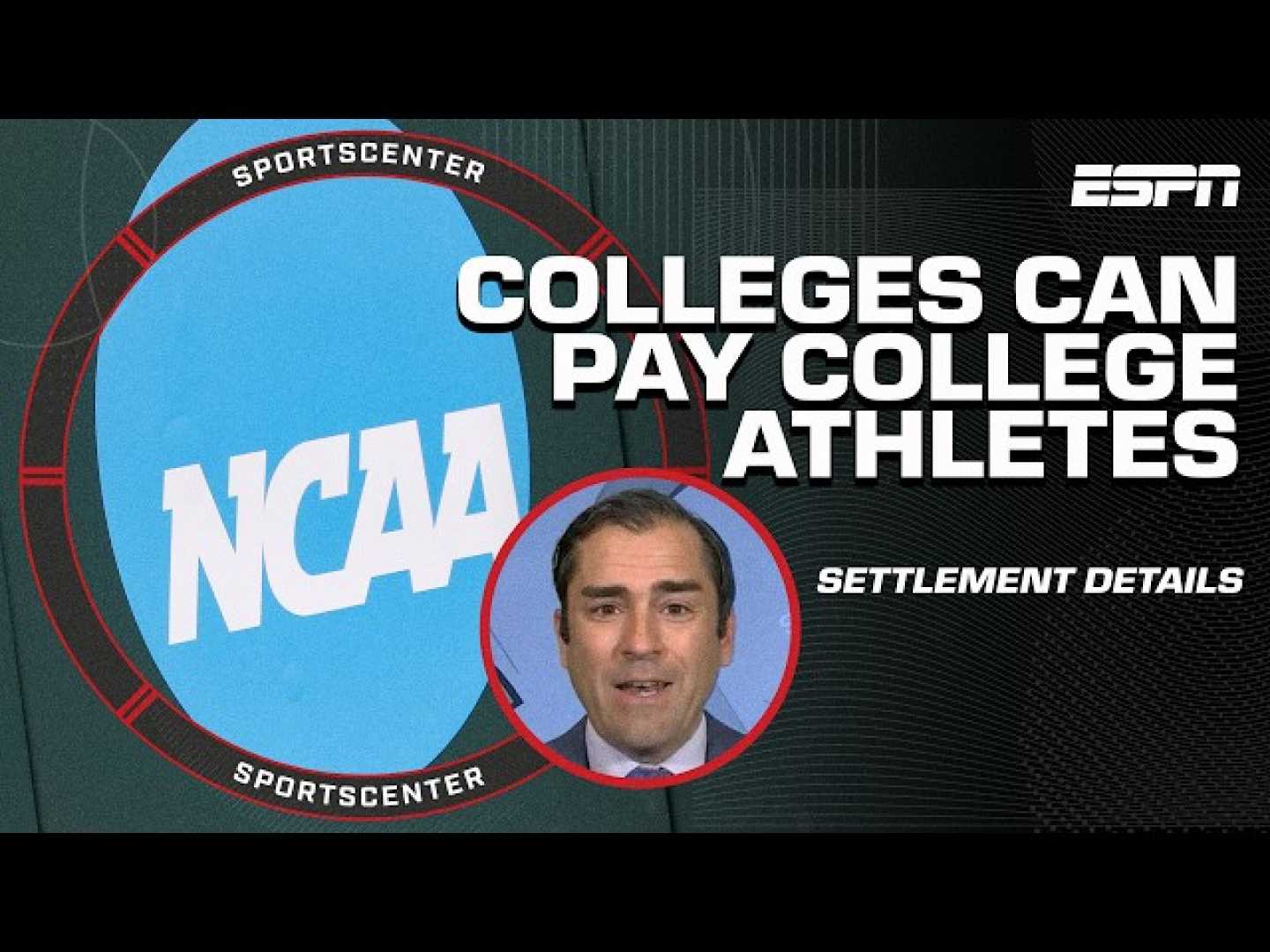Sports
Federal Judge Approves $2.8 Billion Settlement for College Athletes

OAKLAND, Calif. — A federal judge has approved a landmark $2.8 billion legal settlement between the NCAA and college athletes. This ruling permits schools to begin directly paying their athletes for the first time, effective July 1.
The agreement comes from the House v. NCAA case, initiated nearly five years ago by Arizona State swimmer Grant House. U.S. District Judge Claudia Wilken’s approval marks a significant turning point in college sports, which has been governed by amateurism traditions for over a century.
The settlement is designed to end federal antitrust lawsuits that challenged the NCAA’s restrictions on athlete compensation. It includes $2.75 billion in back payments to thousands of athletes who played between 2016 and 2021. Furthermore, starting in the 2025-2026 academic year, each NCAA Division I school can pay its athletes up to $20.5 million annually, increasing yearly through the decade.
NCAA President Charlie Baker hailed the decision as a way to stabilize college sports. “It opens a pathway to begin stabilizing college sports,” he said. For many athletes, particularly football and basketball players at big schools, this shift may change their college experience significantly.
Critics, however, worry about the implications of roster limits that restrict team sizes. Some athletes are afraid they might lose their positions under new rules. In light of these concerns, the settlement has provisions allowing current athletes cut from a team to return to school or transfer without penalty.
“It’s historic,” said Sedona Prince, a former college basketball player and co-lead plaintiff in the lawsuits. “It’s going to change millions of lives for the better.”
The alterations to NCAA policy started with the U.S. Supreme Court’s unanimous ruling in 2021 against the organization, emphasizing that college athletics should be treated less like educational experiences and more like commercial enterprises.
This ruling has led to continuous legal challenges against NCAA rules, raising questions about player status as employees and the management of player earnings through name, image, and likeness (NIL) deals. With the new settlement, schools will monitor NIL agreements more closely, examining whether they serve a legitimate business purpose rather than being recruiting tools.
Wilken’s ruling, while monumental, does not resolve all potential legal challenges. Universities are also seeking federal legislation to provide clearer guidelines and protect against antitrust issues.
The ongoing changes reflect a growing recognition of the financial realities of college athletics, driven by lucrative broadcasting contracts and sponsorships. With this settlement, schools are expected to shift how they manage their athletic programs and engage with their student-athletes.












